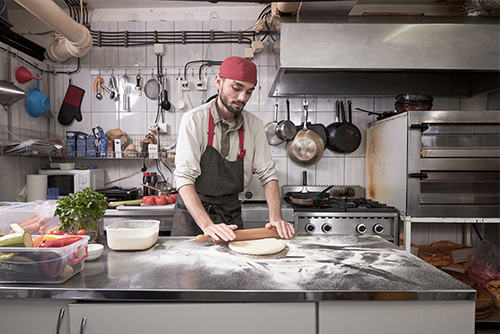
3 Courses

FY22-Odour
CLOSED TO FURTHER BOOKINGS - THIS COURSE HAS NOW TAKEN PLACE - Acuity Testing - Harwell Offices Oxfordshire - 16th January, 2023 (2 sessions am & pm)
Fee = £275.00 plus VAT or 2 credits or £300.00 plus VAT for non-members
Our odour acuity training & certification services provide a standardised framework for assessing an individual’s odour sensitivity to the reference compound N-butanol as indicated by Defra’s odour guidance (2010). The assessments are typically carried out over a single two-hour period in accordance with the panellist requirements of BS EN 13725.
Following the assessment, each individual’s sensitivity to the reference odorant is calculated and a certificate is issued. Confirmation of an individual’s sensitivity to odour is a valuable tool for many professionals including:
• Environmental Health Officers
• Any operator responsible for odour evaluation within their organisation
• Environmental and Air quality consultants conducting odour impact assessments (IAQM odour guidance)

FY22-Odour
CLOSED TO FURTHER BOOKINGS - THIS COURSE HAS NOW TAKEN PLACE - Planning and Commercial Kitchen Guidance - 21 March 2023 - LIVE WEBINAR
This is a live webinar by TEAMS on 21 March 2023
Fee = £295.00 plus VAT or 2 credits
This Advanced seminar considers
the management and control of odour and noise from commercial kitchens.
The seminar will consider the operational factors which define the scale
of an extraction system and considers the characteristics of the
extracted air stream which are important for designing pollution control
equipment. As part of this we will explain how the Kitchen risk
assessment should be applied as part of the planning/development
process.
It will also provide an opportunity to review technical issues
dealing with odour from a range of commercial kitchens including:
• Pub food
• BBQ/Turkish food
• Wok cooking
• Fish & chips
These real-life kitchen scenarios will examine practical examples of how kitchen operators have tried to address pollution control and will identify areas where designs commonly fail.

FY22-Odour
CLOSED TO FURTHER BOOKINGS - THIS COURSE HAS NOW TAKEN PLACE - Planning and Commercial Kitchen Guidance - 9 February 2023 - LIVE SEMINAR
This is a live seminar in Birmingham on 9 February 2023
Fee = £295.00 plus VAT or 2 credits
This Advanced seminar considers the management and control of odour and noise from commercial kitchens. The seminar will consider the operational factors which define the scale of an extraction system and considers the characteristics of the extracted air stream which are important for designing pollution control equipment. As part of this we will explain how the Kitchen risk assessment should be applied as part of the planning/development process.
It will also provide an opportunity to review technical issues dealing with odour from a range of commercial kitchens including:
• Pub food
• BBQ/Turkish food
• Wok cooking
• Fish & chips
These real-life kitchen scenarios will examine practical examples of how kitchen operators have tried to address pollution control and will identify areas where designs commonly fail.
